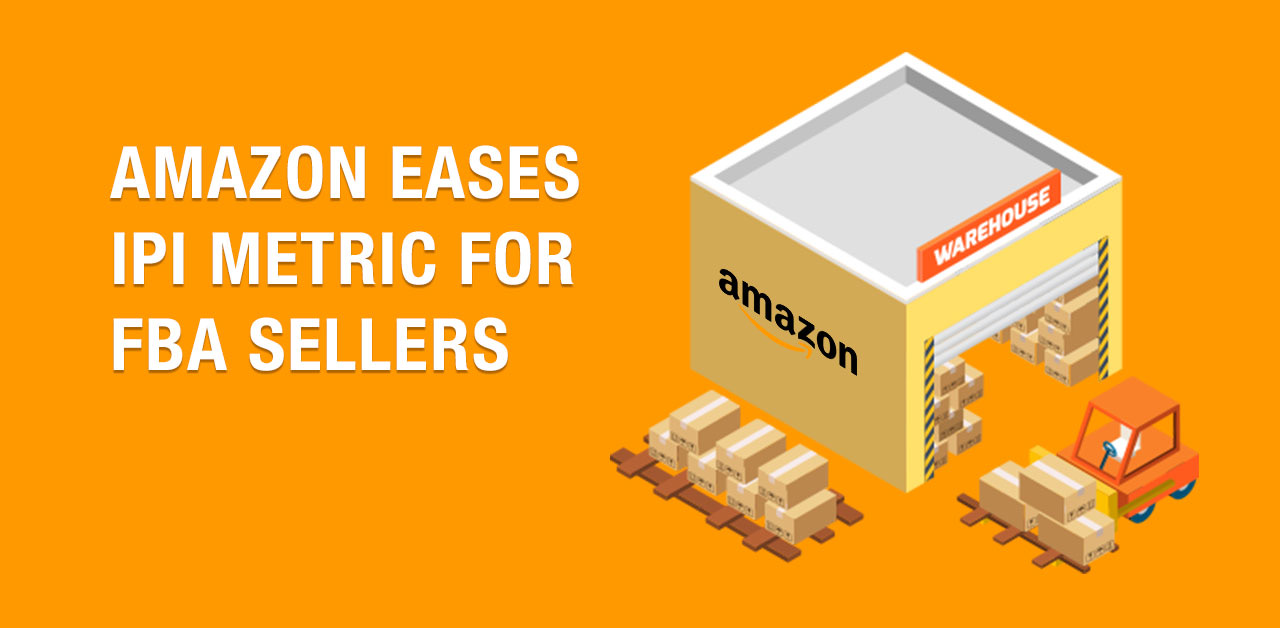The majority of FBA sellers will get a higher IPI score
Amazon is making it slightly easier for sellers who use its FBA fulfillment service by easing standards for the Inventory Performance Index (IPI)
Amazon announced: “As of January 20, 2020, your Inventory Performance Index (IPI) score considers both your recent and long-term inventory performance. Your IPI is now based on the time duration that results in a higher score.” (The higher the better for sellers.)
The company explained that the majority of FBA sellers would see a higher IPI score or no change at all:
“Previously, your IPI score was based only on recent inventory performance. The calculation change benefits sellers with lower sales volume in their off-peak season as well as sellers taking action to improve their inventory performance.”
This move comes after Amazon imposed stricter storage limits on sellers in January, changing the IPI threshold for storage limits to 400 (previously 350), reports EcommerceBytes.
One frustration sellers have cited about the metric is that Amazon does not disclose the formula it uses to calculate their IPI, only explaining in general terms: “We calculate IPI for you based on how well you maintain inventory levels, fix listing problems that make your inventory unavailable for purchase, and keep popular products in stock.”
More Amazon news

Amazon tops the list of the most innovative companies
The most innovative company in 2018 Amazon spent nearly $23 billion on research and development in 2018 Amazon topped the list of 1,000 major global companies in terms of spending on research and development (R&D) over the past one year, with a spending of $22.6...

Amazon Appeals for FBA Sellers: What Not to Do (Part 1)
Common mistakes reviewed by former Amazon technical account manager It’s every Amazon FBA sellers’ worst nightmare: the account suspension email. What you do the moment you get that email could determine whether you get reinstated or banned. AmazonSellerLawyer...

Germany launches antitrust probe into Amazon
Amazon investigated for 'abuse' by German antitrust authorities. German regulatory officials have launched an investigation to find out whether Amazon’s business practices toward sellers in its marketplace are unfair. Bundeskartellamt, Germany’s Federal Cartel Office,...


